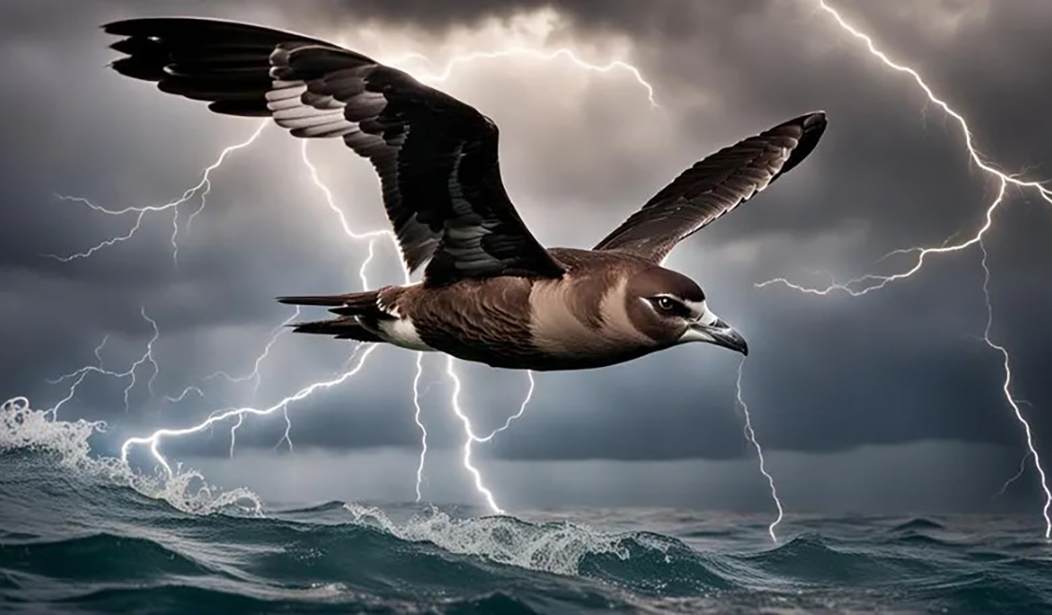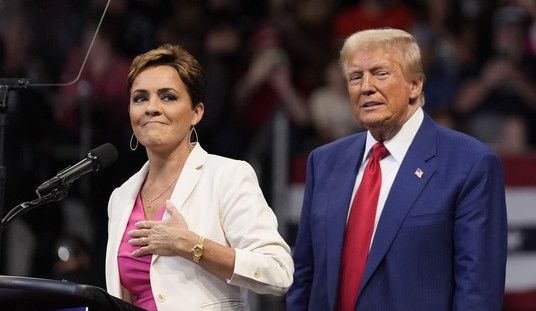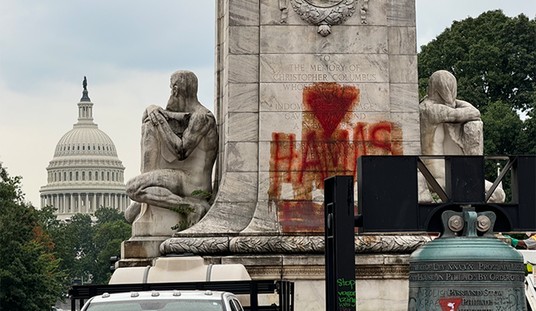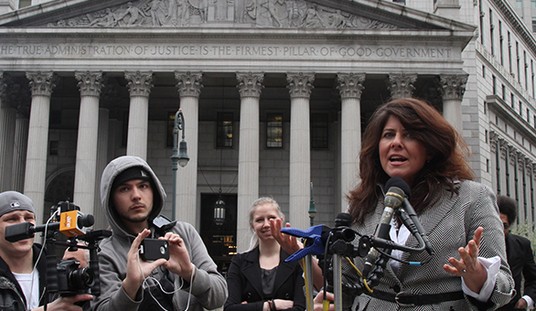My wife and I both spent most of our Army service during the last few years of the Cold War. At that time, our training and exercises were focused primarily on one thing: Fighting the Soviet Union in Western Europe. The Soviets were already failing by this point (late '80s), and we weren't anticipating a few thousand T-72s suddenly crashing through the Fulda Gap anymore, but for a long time, people thought that this would be what World War III would look like.
Now? The Soviet Union is gone, but Russia remains and is now under the control of Tsar Vladimir I, an old KGB apparatchik who longs for the good old days of Soviet hegemony over Eastern Europe - and is acting on it. China's Premiere Xi Jinping has amassed more political power himself than anyone since Mao, and the Middle Kingdom is making more bellicose noises than they have in a long time - mostly aimed at Taiwan and the Philippines.
And, of course, there is the Israel-Hamas war, in which Iran is supporting Hamas and allied Hezbollah, while threatening to become involved directly.
The world is becoming a very tense place--and the United States is governed by a befuddled incompetent. Picture Neville Chamberlain, if Chamberlain had about 40 fewer IQ points, and was senile, as well.
See Related: Zelensky Issues Ultimatum, Warns Ukraine ‘Will Lose’ If U.S. Refuses Further Aid
Iran Pirates Israeli-Owned Container Ship in International Waters
And here's the really interesting bit: This new global war may already be underway.
The Great War began and escalated quickly, with already-existing tensions suddenly exploding after the assassination of a minor Austrian archduke by a Serbian nationalist. World War II arguably began with the Japanese invasion of Manchuria in 1937, and in Europe in 1939, when Germany invaded Poland, triggering the United Kingdom and France to honor treaty obligations and declare war on Hitler's Nazi Germany. But there was a lot of build-up to that: the Great Depression, Germany's annexation of the Sudetenland and Austria; there were many signs that look obvious now, but were, at the time, anything but.
Could the same thing be happening today? We certainly have conflicts--Israel against Hamas, Hezbollah, and maybe, soon, Iran; Russia's invasion of Ukraine. India and Pakistan have been barking at each other for years, and they are both nuclear powers; in North Korea, that hermit kingdom ruled by a twisted little gargoyle with bad hair, from a long line of twisted little gargoyles with bad hair, is making more noises about South Korea.
Take a look at the trouble spots around the world, and a pattern emerges. The areas circled in yellow on the map just below are places where there are actual or potential conflicts; in blue are places along the periphery where governments are becoming concerned, as we have seen with Finland joining NATO and Japan dialing their military in.
See Related: PM Kishida: World at 'Historic Turning Point,' Japan to Increase Military Posture
The most likely trouble spots - and, indeed, existing trouble spots - are again in the Old World, around the periphery of Russia and China.
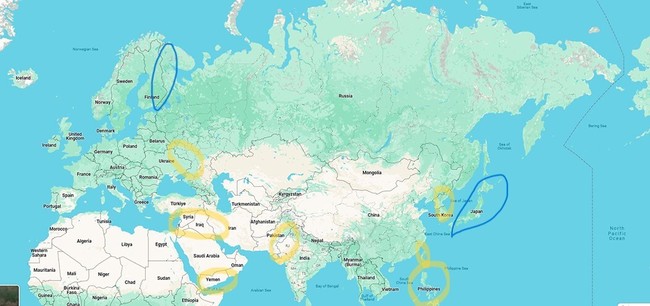
Add to this witch's brew the sad fact that the United States is led by a befuddled incompetent, at the head of the least capable executive branch in American history. The Biden administration makes noises but takes little or no action; this weekend the President was once again sunning himself on a Delaware beach, only to suddenly rush back to Washington as the world stepped closer to open war.
See Related: Biden Insisted on Vacation in Face of Threat From Iran, Now He's Rushing Back. Something Is Up.
The weakness and indecision of this administration lend aid and comfort to the troublemakers. China, it must be pointed out, was rather less bellicose during the last administration, and Russia didn't choose to invade Ukraine from 2017 to 2021 - coincidence? Perhaps. Perhaps not. I can't read Tsar Vladimir's mind, and neither can anyone else, but the timing is suspect.
In his 1926 novel "The Sun Also Rises," Ernest Hemingway's character Mike Campbell described his bankruptcy to another character:
“How did you go bankrupt?” Bill asked.
“Two ways,” Mike said. “Gradually and then suddenly.”
Hemingway wrote of bankruptcy but, later in his life, not only wrote about war but experienced it, and he may well have described the start of many of history's wars the same way--gradually, and then suddenly. Today, we may well be seeing the "gradually" portion of the start of a third world war. The "suddenly" may come tomorrow, with a major action by Iran against Israel; it may come in the summer, with action by China against Taiwan or the Philippines. It may come in 2025, with a Russian invasion of Poland or Finland.
But it's looking increasingly likely that it will come, and within the next few years. If you look at human history, war is the norm; it is peace that is unusual, and since World War II, the world has been an unusually quiet place. That, I think, is changing. I'm too old to take part now - but I have grandsons. I hope that this possible World War III won't happen.
I'm afraid, though, that it will.

